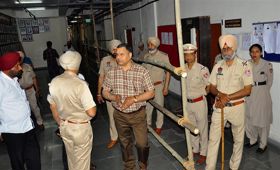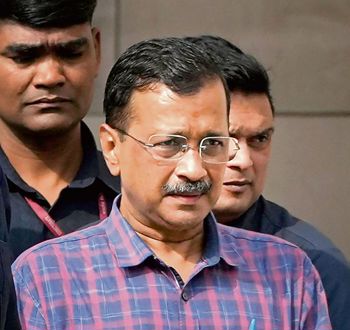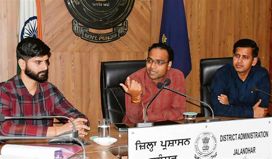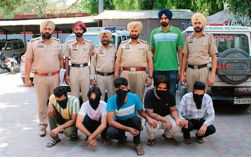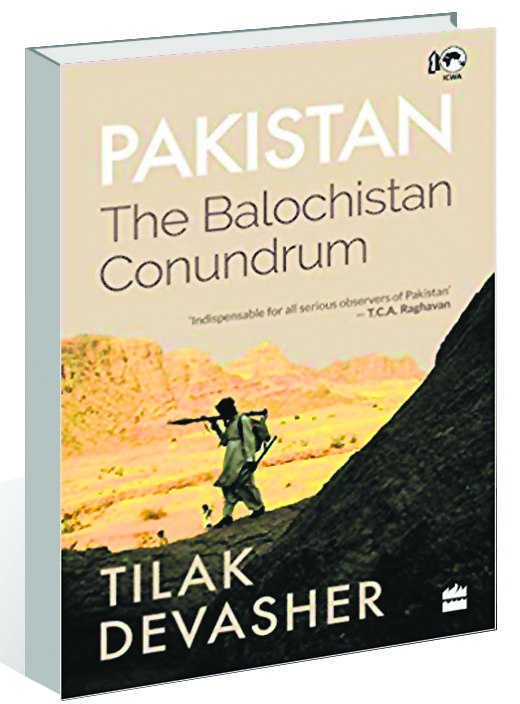
Pakistan: The Balochistan Conundrum by Tilak Devasher.
Sandeep Dikshit
Balochistan is to Pakistan what Kashmir is to India. Its people deeply believe in exclusiveness to the extent that they deeply resent any outside domination or immigration. As with all post-colonial cartographic mischiefs by western powers in Africa and Asia, Balochistan is also a victim of faulty map divisions by the British.
First, the British handed over parts of the Baloch land to the Iranians and the Afghans and then drew a border. Thus, the little-known Goldsmith Line was added to the Durand Line, the Radcliffe Line and the McMohan Line that unsentimentally divided communities forever into separate nations on cold strategic calculations and changed their futures forever.
Balochistan warms the cockles of ultra-nationalist hearts here in India because of an obdurate insurgency, in its fifth edition now that is anti-Pakistan in character. Since the author, Tilak Devasher is a former tenured official of the Indian Deep State, this was not expected to be a tell-all book about a land where he has presumably never set foot.
In fact, his dissimulation occasionally contradicts what he has written. For instance, he claims the Baloch insurgencies against the Pakistan Army had no foreign backer. But later in the book he says Afghanistan and Soviet Union were accused of supporting some of the insurgencies. It is a matter of record that some Baloch militant groups were based in Afghanistan for their fighters to recoup and train.
Sadly for the Baloch, Jinnah had batted vigorously as the Khan of Kalat’s counsel for independent status but suffered a change of heart after Independence.
What may have added to the troubles of the Pak administration is that Balochistan was loosely policed during British times.
Why haven’t the Baloch put up a united front? One reason is the sparse population over vast tracts that kept the people corralled in tribal affinities.
Despite the much-proclaimed Indian-Baloch affinity these days, India only makes a faint appearance. The self-proclaimed prophet of the Zikris came from Jaunpur.
Devasher paints a story of horrifying neglect: Little has been invested in Balochistan. Pakistan has joined hands with China to plunder its resources and there is drinking water shortage, enforced disappearances and acute illiteracy.
Since this book targets the Indian Hindutva crowd and Devasher’s former colleagues in the Deep State, Baloch are described as ‘Bad Muslims’ on the strength of a few stray proverbs. That may be an oversimplification because the Khan of Kalat had listed enforcement of the Shariah as a goal during Balochistan’s 227 days of independence between British and Pakistani control.
The five insurgencies
It was but natural that the first insurgency led by Karim Khan, the brother of the Khan of Kalat, took place shortly after Pakistan took over Balochistan. Soon after the first insurgency ended, the Baloch were to undertake another when Pakistan merged all provinces in West Pakistan under the “One Unit” scheme. The third and fourth insurgencies were brought about by Pakistan’s inability to honour the democratic verdict.
Military dictator Pervez Musharraf lit the keg for the fifth and ongoing insurgency with the killing of 80-year-old Akbar Khan Bugti. This one is different in character as it has a middle-class component that has given the insurgency international limelight due to the presence of charismatic, well-educated and adequately-funded Baloch leaders like Bharahdagh Bugti abroad.
The scattered population and tribal divisions do not make Balochistan a candidate for a successful insurgency despite the undying Baloch spirit of independence and the will to fight. Devasher’s solutions are boiler-plate: exemplary leadership, unity in the ranks, long-term strategy and resources to keep the movement alive.
Devasher’s sole hope lies in horizontalisation of Baloch society that eliminates tribal cleavages. But he disregards the other side of the horizontalisation sword: if secularists have the potential to unite, so can Islamists who, too, are making the same appeal.
Moreover, Baloch tribal chieftains would be fearful of giving up their hereditary rights that bring political power to youngsters from the middle class. There is hardly any instance of politics playing out in a manner as the Indian lobby of pro-Balochis hope to.





















